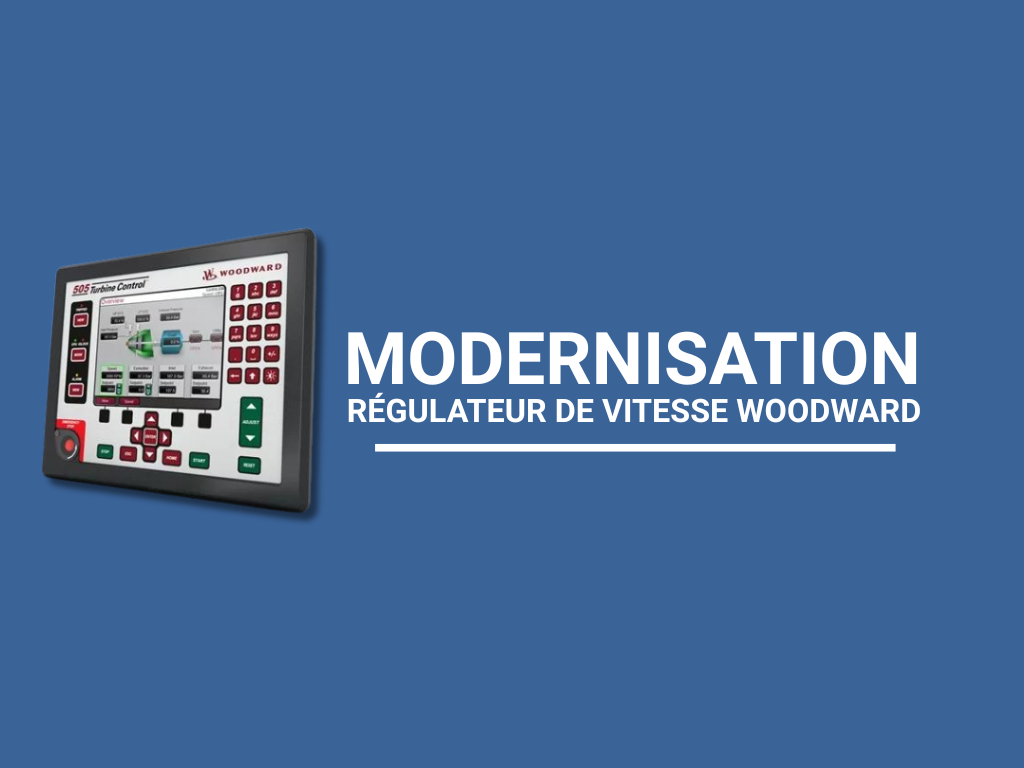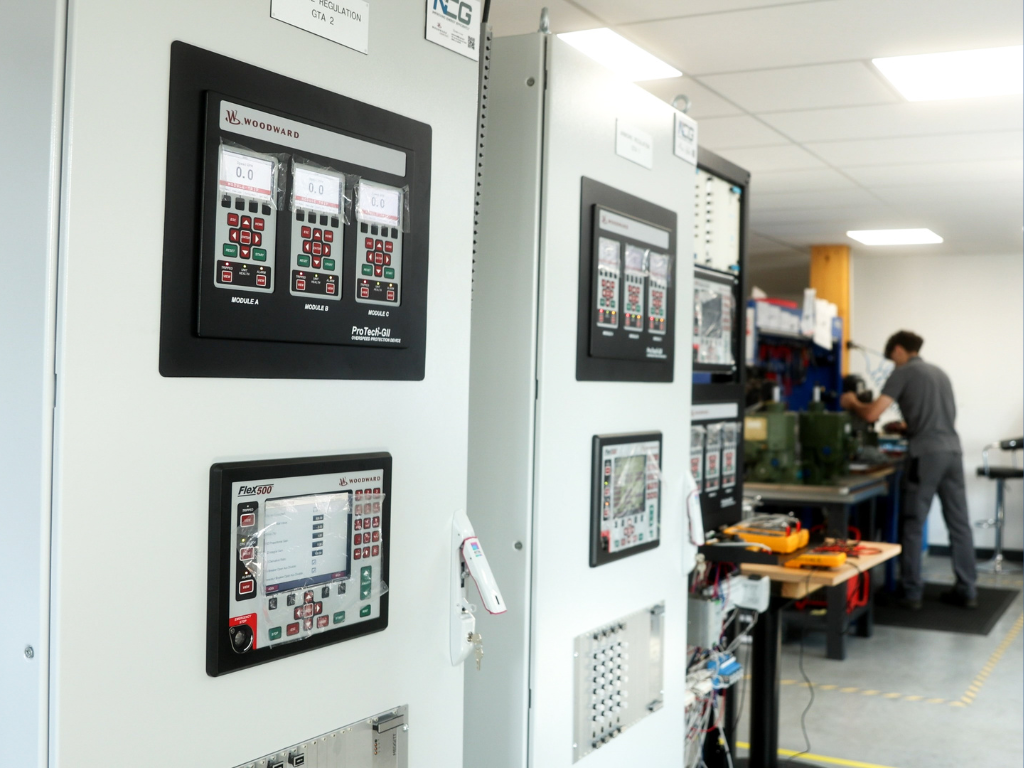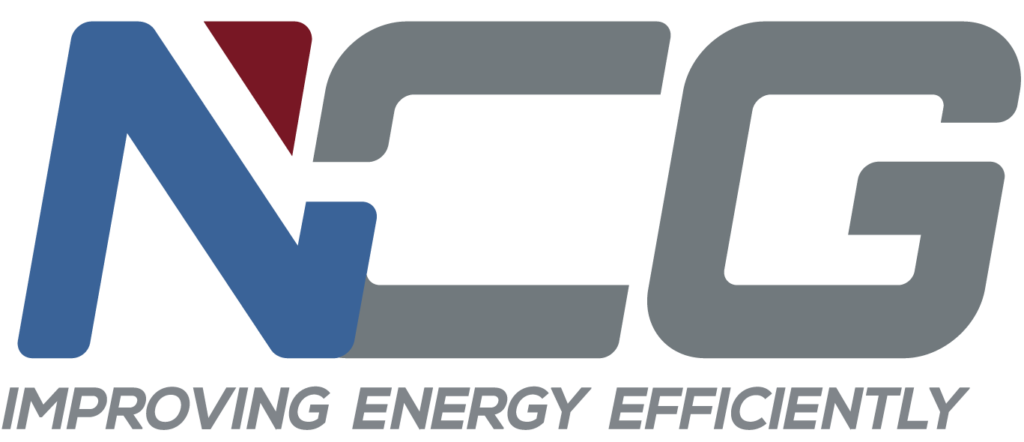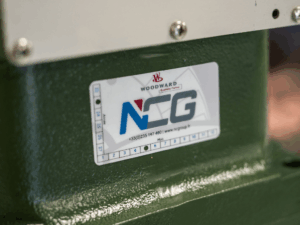Woodward controller modernization. Many industrial plants still use first-generation electromechanical or analog speed controllers. Although still functional, these devices are often outdated by today’s standards in terms of precision, communication and diagnostics. It is therefore legitimate to ask whether it is possible to replace them with more efficient digital models. The answer is clearly yes, and this modernization is now a strategic step for many operators.
A growing need for modernization in industry
Older Woodward controllers, whether purely mechanical or semi-electronic, fulfil their basic function: maintaining a stable speed despite load variations. However, their technology does not allow them to go any further. They have neither the capacity to communicate with a supervision system, nor a built-in analysis tool to detect drifts or anticipate breakdowns. Adjustments have to be made manually, often using potentiometers or screwdrivers, requiring a high level of expertise on site and lengthening intervention times.
In contrast, a digital controller not only stabilizes speed with greater precision, but also integrates advanced monitoring, alarm, networking and software update functions. This fundamentally changes the way operations and maintenance teams interact with their plant. We’re moving from a reactive logic to a preventive, data-driven approach.

A technical operation, but perfectly feasible
Replacing a regulator is not a trivial operation. It’s not simply a matter of dismantling the old device and replacing it with a newer model. Each system is unique: machine type, operating mode, existing sensors, electrical architecture… All these elements must be taken into account.
At Normandy Control Group, we offer comprehensive support:
technical diagnosis of the existing system,
choice of the right solution,
electrical integration and on-site commissioning.
Our objective is clear: to guarantee a smooth transition, with no interruption to production.
Immediate gains in performance and reliability
Switching from an analog controller to a digital version brings tangible benefits right from the start. Control becomes more stable, particularly in the event of sudden load variations or fluctuating environmental conditions. Settings are accessible via software, making them easier to learn, while reducing the risk of human error. Teams also gain in responsiveness thanks to the possibility of monitoring parameters in real time, or even remotely.
Last but not least, migration to digital technology helps to secure the future. Many older models are no longer manufactured, or no longer have spare parts available. Conversely, digital controllers are designed to evolve, with regular updates and ongoing technical support. This modernization represents a sustainable, cost-effective solution for the long term.

Why do call onNormandy Control Group/NCG ?
When you choose Normandy Control Group, you choose a partner you can trust for the maintenance and repair of your industrial equipment. As an official Woodward and Parker Meggitt (vibro-meter) distributor in France and French-speaking Africa, including Algeria, Tunisia and Morocco, we offer recognized expertise in the field. We also have two workshops in France, in Le Havre and Marseille, as well as workshops in Côte d’Ivoire and Senegal.



